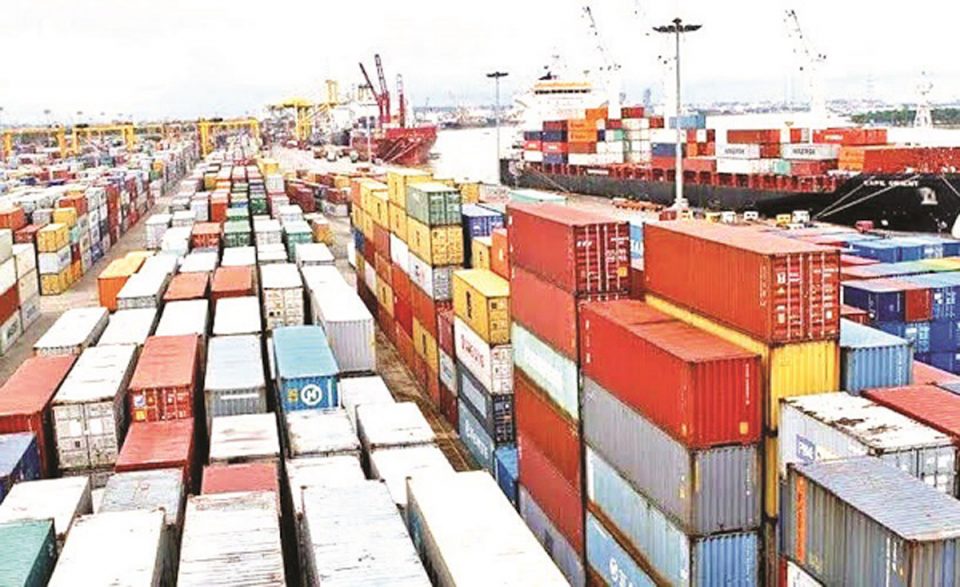By Charles Okonji
As a result of the current economic crisis bedeviling the country’s economy, the National Shippers Association of Nigeria (NASAN) has urged the federal government to urgently address the inconsistent exchange rate hindering businesses in the country especially with the stakeholders in the maritime industry.
The association hinted that the inconsistent exchange rate regime is making it difficult for businesses to forecast and plan ahead for the future.
Speaking at the press briefing to formally announce the association’s activities recently in Lagos,
President General, NASAN, Engr. Innocent Akuvue, stated the inconsistent nature of the exchange rate is having a negative impact on businesses, adding that the Nigerian Customs Service (NCS) is yet to implement the Central Bank of Nigeria’s (CBN’s) directive on Form M.
Akuvue lamented over the unavailability of forex for shippers to fund their operations.
According to him, “Most of the issues that shippers currently face in the ports are inconsistencies in exchange rate. The Central Bank of Nigeria (CBN) issued a directive that the exchange rate as at the time you opened your Form “M” and as you know a Form M is a contract and once the Form M is opened you have an agreement, but at the point of arrival, a new exchange rate surfaces, although the CBN has given that directive, but unfortunately, the customs are not implementing it yet.
“We are worried that after customs releases a container, the same customs would still impound the container after it leaves the port, so our worry is that why should customs release a container and still hold it down on the road, no matter what wrong a shipment would have had, we want to assume that before the shipment is released, all wrongs would have been corrected and once that container has been checked, it should be as free as it exited till it gets to its point of destination.
The president further solicited stricter sanctions to be meted on any customs official who impounds a container after it has been cleared.
“We want to see a situation when a container leaves the customs gate and then it is held, we want to see why the person who exited that container shouldn’t be queried or suspended
So we are taking it up as an association and once our members’ containers are released and held, we will want to know who released it and why is the person who released it is free. These are the issues we are faced with apart from the fact that we are not usually consulted at critical stages of our business,” he stressed.
He pointed out that for every container that comes in for export, there is a N40,000 that is charged, lamenting that containers are only processed for export after payment.
“All these payments build up the cost of export and that is where our problem lies because when your export rates are very high, you will not be competitive at the international market. So we need to see a government that has policies and implement these policies and we as shippers, we would continue to engage them till we find lasting solutions to all the challenges,” he averred.
On her part, the National Secretary, NASAN, Mrs. Ijeoma Ezeasor, stated the inconsistent exchange rate for duties makes it impossible for shippers to forecast, adding that the several losses have been incurred as a result of unstable exchange rates.
Ezeasor said, “It does not allow for stability and planning, because businesses require for some time to plan and forecast, so it has been difficult for us to forecast and we have made several losses due to inconsistencies in government policies, so it has been hurting shippers both importers and exporters.”
On the 41 prohibited items, she said it should not have stood as it has triggered a lot of imbalance on manufacturers’ production costs.
“There is nothing like items on trade, what we have is HS codes. In the first place there was no need for that list, if the CBN had spoken to the ministry of trade and investment, they would have known that what was easier for them to list as items was a variety of HS codes and that triggered a lot of imbalance on people’s production costs and it made certain raw materials not available in the country. The more we are exposed to the multiplicity of agencies interfering with trade, the more it makes Nigeria isolated from the global value chain,” she lamented.




